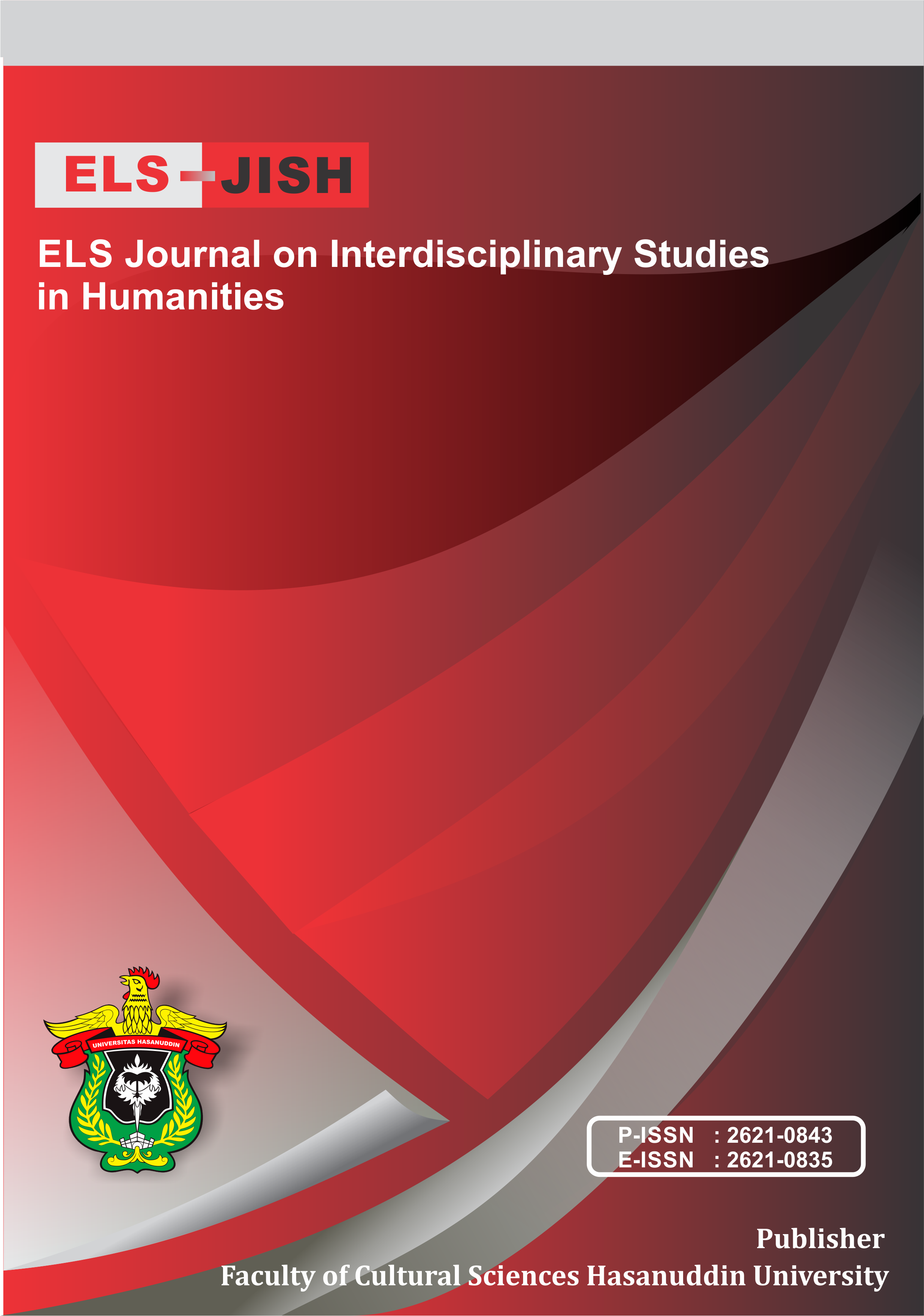The Discrimination of Main Characters in Twain’s The Prince and The Pauper
DOI:
https://doi.org/10.34050/elsjish.v4i2.14017Keywords:
Character, Discrimination, Mark Twain, NovelAbstract
The Prince and The Pauper is one of great novels written by a famous American author, Mark Twain. The novel tells about some discrimination experienced by two main characters who were born at the same time and with similar appearance. The objectives of the writing is to investigate the kinds of the discrimination reflected by the two major characters and to elaborate the way the characters resolve the problem of discrimination. In performing the analysis, the writer utilized structural approach focusing on the intrinsic elements of literary works which are inherent in the novel. The primary data concerned text analysis that accounted primarily for literary text of the novel. This was then analyzed by means of qualitative social constructivism interpretative paradigm. Results of analysis demonstrated that social class influences the discrimination, the second was that appearance influences the discrimination, and the third was that the education also influences the existence of discrimination. Tom Canty who was born within poor family got used to deal with the discrimination. It is because he has experienced the discrimination since he was born to the world. While Edward Tudor even though he finds it difficult at the beginning to deal with discrimination finally he could afford to adjust himself with the condition. The latter had much lesson to learn from the hardship.Downloads
References
Astiantih, S., Rahman, F., & Makka, M. (2017). From Narrative Slave to Movie: Adaptation Theory. Imperial Journal of Interdisciplinary Research (IJIR), 3(6), 659-663.
Bulton. (1975). The Anatomy of the Novel. London: cox & Wayman.
Harahap, H. A.. (2010). Racial Discrimination In Graham Greene’s Novel Journey Without Maps. Medan: Universitas Sumatra Selatan.
Mukarramah, Rahman, F., & Pattu, A. (2021). Ecranisation Study of Novel into Movie The mortal instruments city of bones . International Journal of Multidisciplinary Research and Growth Evaluation, Vol. 2, Issue 2, 2021
Nurlina. (2014). The Analysis of Motive in Emily Bronte’s Wuthering Heights. Makassar: Universitas Hasanuddin
Rahman, F. (2016). The Strategy of Teaching Literature through Language-based Methods: A Communicative Approach. In Annual Seminar on English Language Studies 2016 (Vol. 1, pp. 156-170).
Rahman, F., & Amir, P. (2019). Trends in Reading Literary Fiction in Print and Cyber Media by Undergraduate Students of Hasanuddin University. International Journal of Education and Practice, 7(2), 66-77.
Tenrioji, A. (2010). Social Criticism in the Prince and the Pauper by Mark Twain. Makassar: Universitas Hasanuddin.
Thamrin, R. (2002). Racism in Harriet Beecher Stowe’s Novel Uncle Tom’s Cabin.(Thesis unpublished) Makssar: Universitas Hasanuddin.
Twain, M. (1997). The Prince and the Pauper. America: Penguin group.
Wellek, R., & Austin, W. (1978). Theory of Literature. London: Cox & Wyman.
Zuamah, N. C. (2012). The Discrimination Against The Blacks and Chicanos In Hughe’s “Children’s RHYME” And Noras’s “Legal Alien”. Semarang: Diponegoro University
Downloads
Published
How to Cite
Issue
Section
License
Copyright (c) 2021 Sitti Sahraeny, Darmayanty, Abidin Pammu

This work is licensed under a Creative Commons Attribution-NonCommercial-ShareAlike 4.0 International License.

















